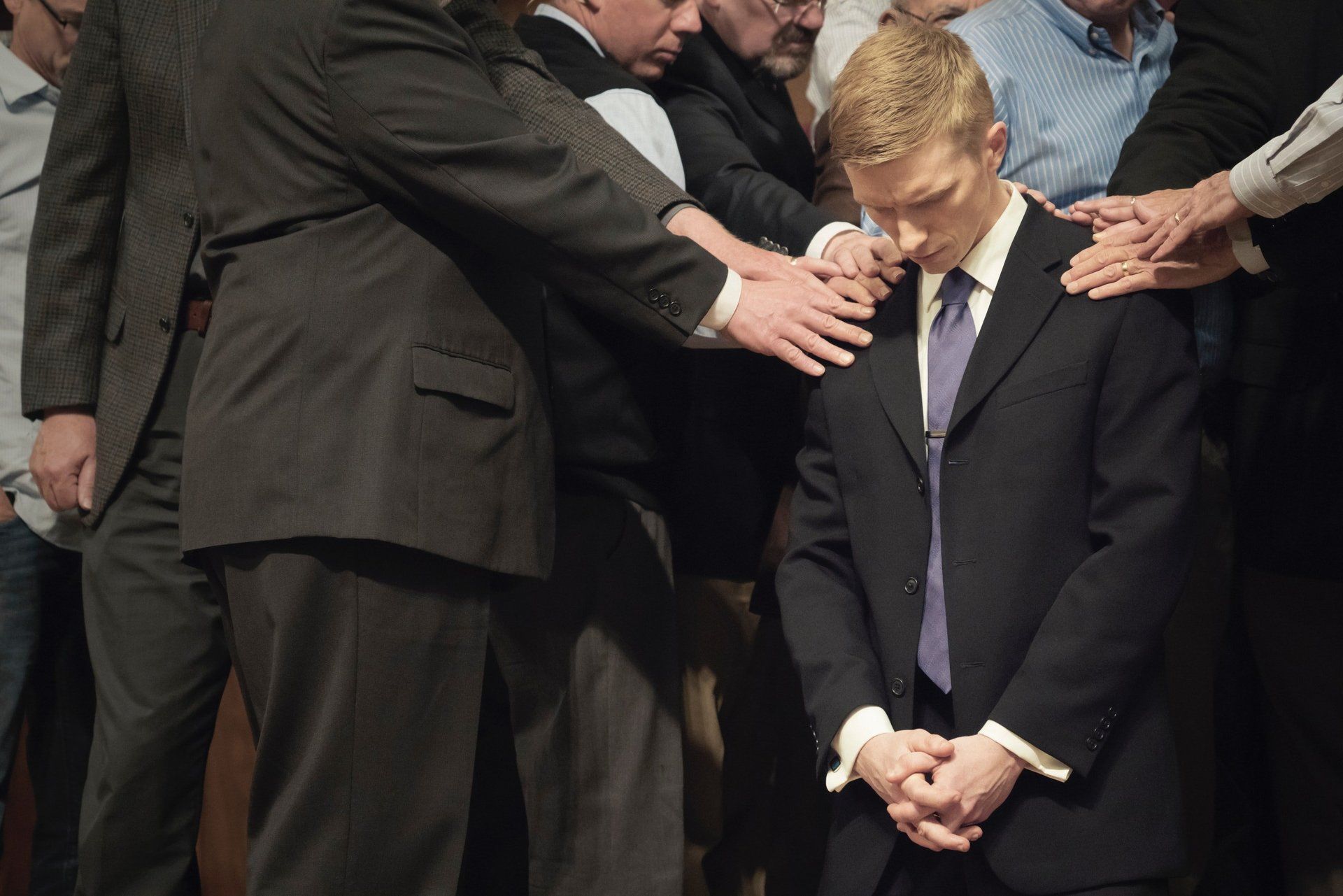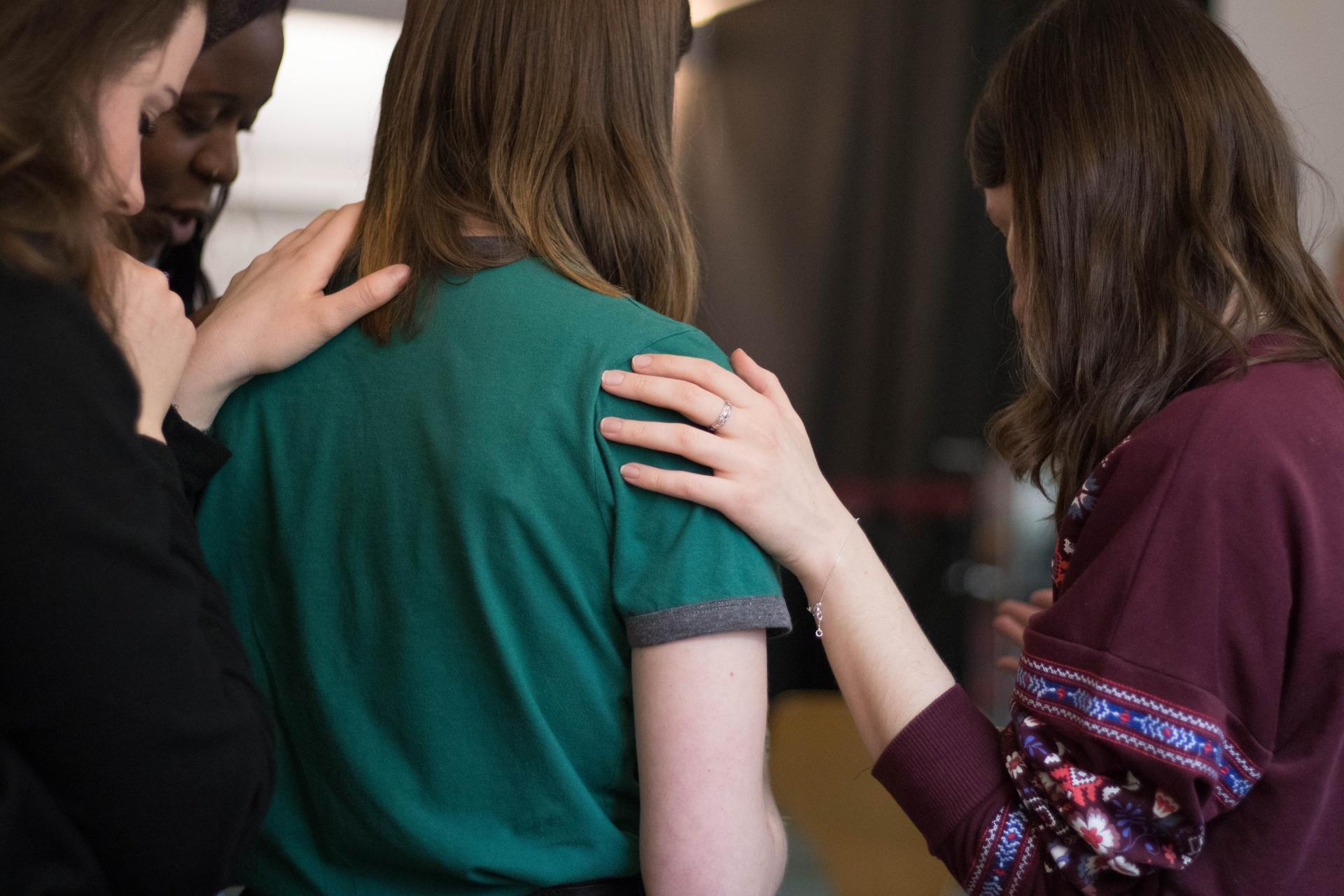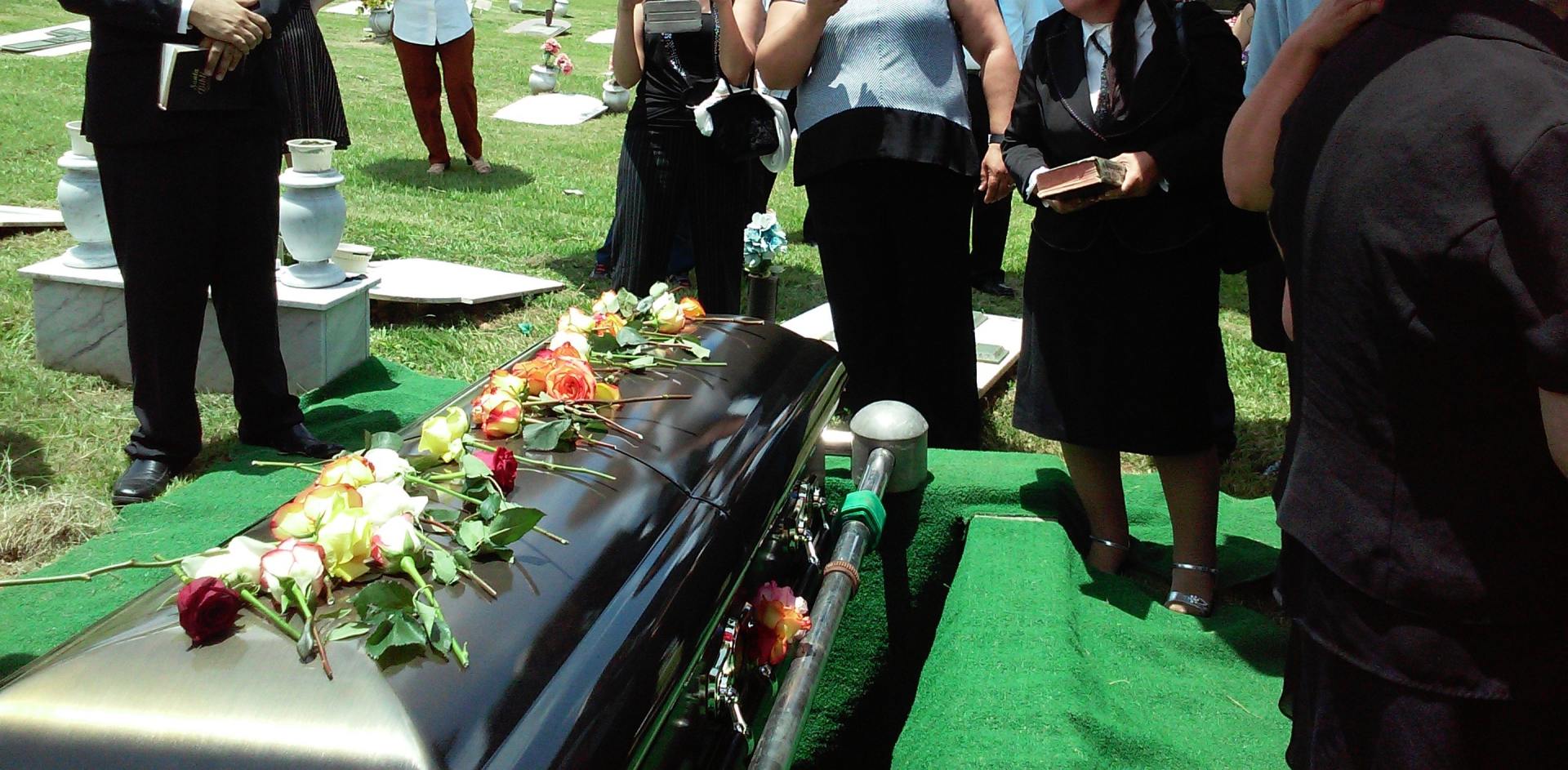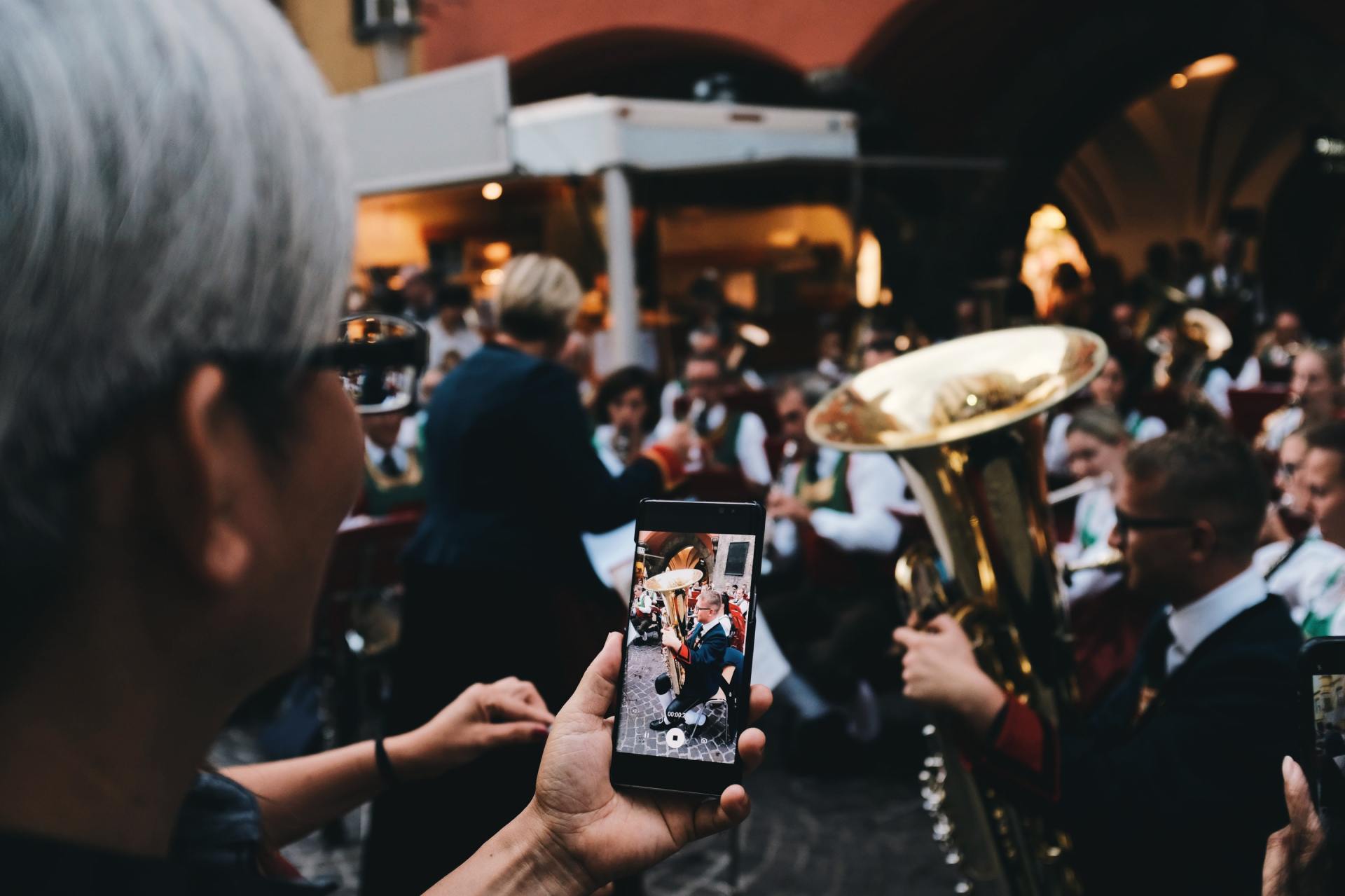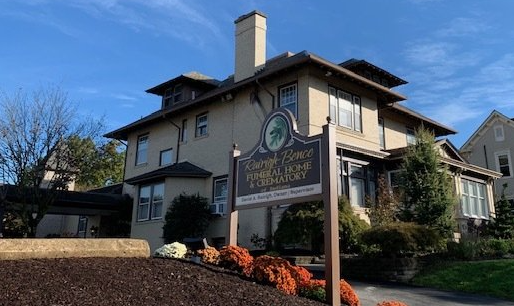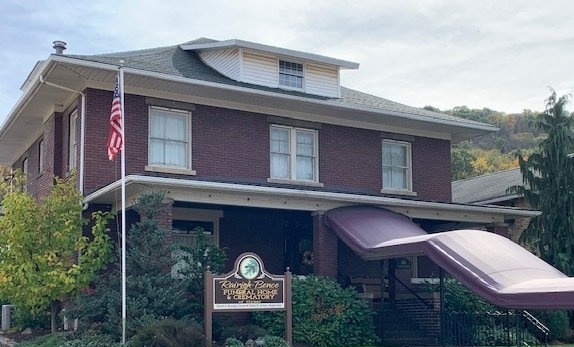For Immediate Service, 24 Hours a Day,
Call
724-349-2000
or
724-254-4342
Funeral Services in Indiana & Clymer, PA
Not All Funerals Are The Same
Although some families choose a memorial service, cremation, or celebrations of life rather than burial services, there are still many families who prefer the structured ceremonies. Funeral services have been a popular way of honoring the life of the deceased for centuries.
One of our main mission here at Rairigh-Bence Funeral Home is giving your loved one a final tribute they deserve. Contrary to common belief, funeral services are not all the same. They can take on many different formats and styles. We can plan and execute funeral ceremonies that follow very traditional practices to those that take on less formal, more unique styles. We work with you to create the funeral service that best honors your loved one’s life, allows the best way for you to say goodbye, meets your family's specific wishes, and fits within your financial budget.
We have years of experience in this industry, and we take pride in offering families quality and affordable funeral services in Indiana & Clymer, PA. We hope to help as many families in need as we can as their Pennsylvania funeral service provider, and we promise to help each and every family member heal as they embark on their journey with grief. On this page, we have provided a breakdown of the traditional funeral process included in the services we offer as well as a brief history and overview of what a funeral is.
Before moving forward with planning, it is important to understand the answer to the question, "What is a funeral?". Below, we highlight the history of traditional funeral services as well as the steps in the funeral process.
If you are interested in making funeral arrangements for a loved one, we invite you to call us to begin.
What Makes a Funeral?
No matter where it's held, a funeral is a structured ceremony, with a beginning, middle and end. Each is intended to engage the living participants in activities which will transform their status within the community, provide mourners with a collective grieving experience, and celebrate a life lived. It's a socially-acceptable way for members of a community to re-affirm and express their social attachments.
Anthropologists label a funeral as a
rite of passage , which affects everyone involved–including the deceased. His or her social status changes dramatically, from a living contributing member of the community to one whose contributions are in the past, and relegated to memory. But the status of each of the survivors—the immediate family most especially—has also changed. In fact, the funeral service can be the start of a defined period of mourning for bereaved family members, marking this transition in a uniquely identifiable way.
It could be said then, the focus of a funeral—no matter where, no matter when—lies in acknowledging change. And without doubt, human beings (as individuals and as a community) have trouble dealing with profound changes like the death of an integral member of the group. When you take this perspective, it becomes easier to understand the importance of ceremonially acknowledging the tear in the social fabric and the symbolic restoration of its integrity.
What is a Funeral?
All we need to do is say the word "funeral" and within microseconds, you have an image in your mind of what a funeral looks like. This mental image comes from many sources: the geographical place, culture and society in which we live; our faith; our life experience. Obviously then, a funeral service in Borneo would look very different from one held in Tanzania; there are even significant differences between the funerals held in ethnically and/or geographically diverse regions of North America.
Yet, despite the differences, these funeral services have much in common. We invite you to read further to learn the really simple answer to the question "what is a funeral?" Should you have questions about what you read here, we encourage you to call us. One of our funeral professionals will be delighted to explore the commonalities behind the wide spectrum of funeral ceremonies seen around the world.
The Basics of Traditional Funeral Services
If you are interested in making funeral arrangements for a loved one, we invite you to call us to begin.
-
Visitation
ButtonThis is often called a viewing or a wake. Guests come to pay their respects to the deceased by viewing their casketed body and spending time with the grieving family. A visitation can occur at any time before the funeral service.
-
Funeral Service
ButtonThis event commonly takes place at the funeral home, a church, or at the graveside. It can include music, the reading of literary or religious passages, a eulogy, prayer, or the singing of hymns.
-
Committal Service
ButtonIf the family plans to bury the deceased, this stage involves the lowering of the casket into the grave, typically accompanied by spoken words or prayer.
-
Funeral Reception
ButtonThis post-service gathering (or repast) is considered a time to share memories, laughter, and support with family and friends.
Thinking About Your Funeral Service Options
Funeral Services in Our Area
If you have questions about funeral services, view our FAQ page for answers or contact us. We would be happy to explain the funeral process to you.
Source:
Huntington, Richard and Peter Metcalf, Celebrations of Death: The Anthropology of Mortuary Ritual, Cambridge University Press, 1979
Rostad, Curtis, "The Basics of Funeral Service", Indiana Funeral Directors Association, 2014
Rairigh - Bence Funeral Home & Crematory
of Indiana
965 Philadelphia Street
Indiana, PA 15701
Email: rairighfd@gmail.com
David A. Rairigh, Owner/Supervisor
Rairigh - Bence Funeral Home & Crematory
of Clymer
655 Franklin Street
Clymer, PA 15728
Email: rairighfd@gmail.com
David A. Rairigh, Owner
Taylor S. Allison, Supervisor
Proudly Serving the Communities of Indiana County and surrounding areas: Indiana, Clymer, Homer City, Marion Center, Penn Run, Dixonville, Ernest, Heilwood, Brush Valley, Kent, Lucernemines, Creekside, Commodore, Home, Starford, Shelocta, Cookport, McIntyre, Alverda, Aultman, Kenwood, Clarksburg, Diamondville, Iselin, Prosperity Hill, Clune, Graceton, Barr Slope, Coal Run, Pine Flats, Jacksonville, Purchase Line, Chevy Chase, Glen Campbell, Red Barn, Chambersville, Hillsdale, Waterman, Buck Run, Blacklick, Marchand, Nicktown, Parkwood, Strongstown, and Mentcle

